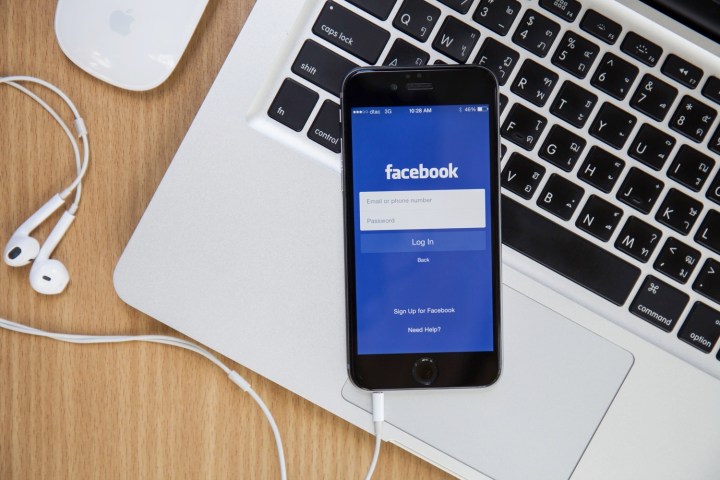
The update allows developers and brands to optimize their app ads so that they aren’t just directed at a broad group of users that will potentially download the app, but also target those who will engage with it beyond installation.
App install ads that allow developers to advertise their products within Facebook’s properties (such as its flagship social network, and Instagram) were launched in 2012.
As Facebook itself states, the new “app events” let developers target “people likely to take a specific action” in an app, such as adding their payment info, completing a level, or making an in-app purchase. Overall, there are 14 standard app events that advertisers can choose from — others include launching an app, rating an app, adding to wishlist, completing a tutorial, searching, and viewing content.
Facebook gathers this information by looking at the data of an app that has been submitted by a developer using the app events feature. The social network’s algorithm then determines the demographics that fit the desired events and shows the selected users the app install ad. For developers wishing to bid on an app campaign, the amount they have to pay
“One of the biggest problems in the ecosystem is retention and getting high-quality installs. A lot of the advertisers we’ve talked to said, ‘Installs are great, but we really want to get people into our app who are going to be able to help build our business,’” states Facebook product manager Jehan Damji.
Additionally, Facebook is also expanding the types of app-install ads it offers to include Dynamic ads (which target users based on their web search activity), and Canvas ads (which boast multimedia features, such as image carousels, and auto play videos).
Editors' Recommendations
- Meta found over 400 mobile apps ‘designed to steal’ Facebook logins
- Facebook’s massive outage saw millions sign up for rival apps
- Facebook’s Messenger and WhatsApp saw record usage on New Year’s Eve
- Facebook is adding shopping to your mobile app
- Facebook speaks out against Apple App Store policies following gaming app issue


